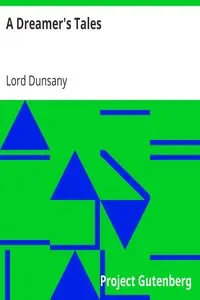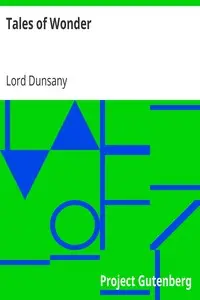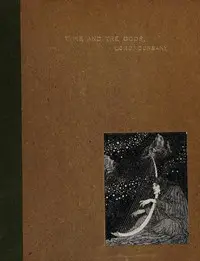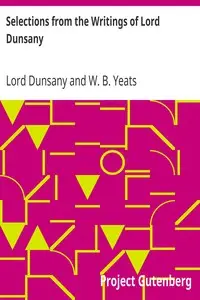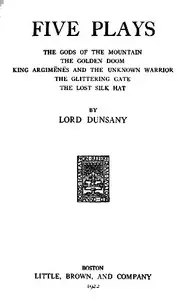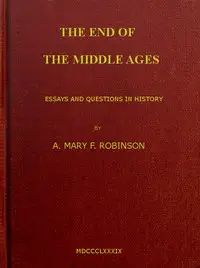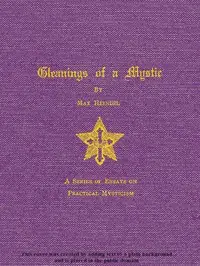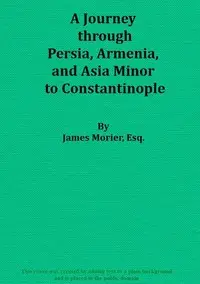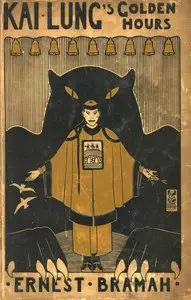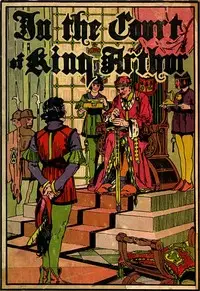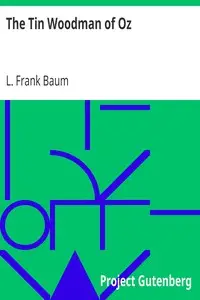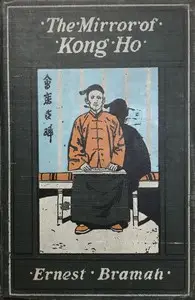"Plays of Gods and Men" by Lord Dunsany is a collection of dramatic works written in the early 20th century. The text presents a blend of myth and philosophy, exploring themes surrounding divinity, nature, and the human condition. In particular, the opening features characters trapped in the tension between the divine and the mundane, highlighting the struggles of kings, queens, and commoners alike in understanding their destinies in the face of capricious gods. At the start of "Plays of Gods and Men," the initial play, "The Laughter of the Gods," introduces a vibrant but precarious setting in the jungle city of Thek. The narrative centers around King Karnos and his court, as his advisors express concern over the city's health and the ominous prophecies hinted at by a mysterious prophet. The characters engage in a mix of personal desires and political machinations, with discussions revealing their existential dread as they grapple with the foreboding presence of the gods. The unfolding dialogue sets the stage for a deeper exploration of fate, free will, and the often absurdity of life through the lens of both divine wrath and human folly. (This is an automatically generated summary.)
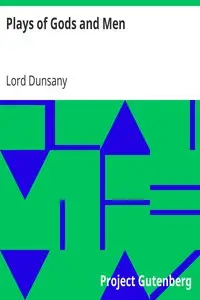
Plays of Gods and Men
By Lord Dunsany
"Plays of Gods and Men" by Lord Dunsany is a collection of dramatic works written in the early 20th century. The text presents a blend of myth and phi...
Edward John Moreton Drax Plunkett, 18th Baron Dunsany, commonly known as Lord Dunsany, was an Anglo-Irish writer and dramatist. He published more than 90 books during his lifetime, and his output consisted of hundreds of short stories, plays, novels, and essays; further works were published posthumously. Having gained a name in the 1910s as a great writer in the English-speaking world, he is best known today for the 1924 fantasy novel The King of Elfland's Daughter, and his first book, The Gods of Pegāna, which depicts a fictional pantheon. Many critics feel his early work laid grounds for the fantasy genre.


